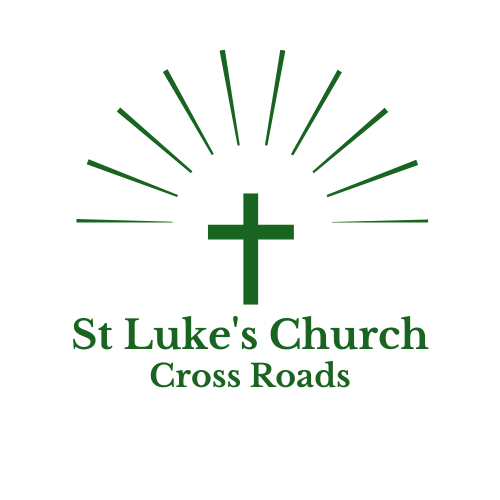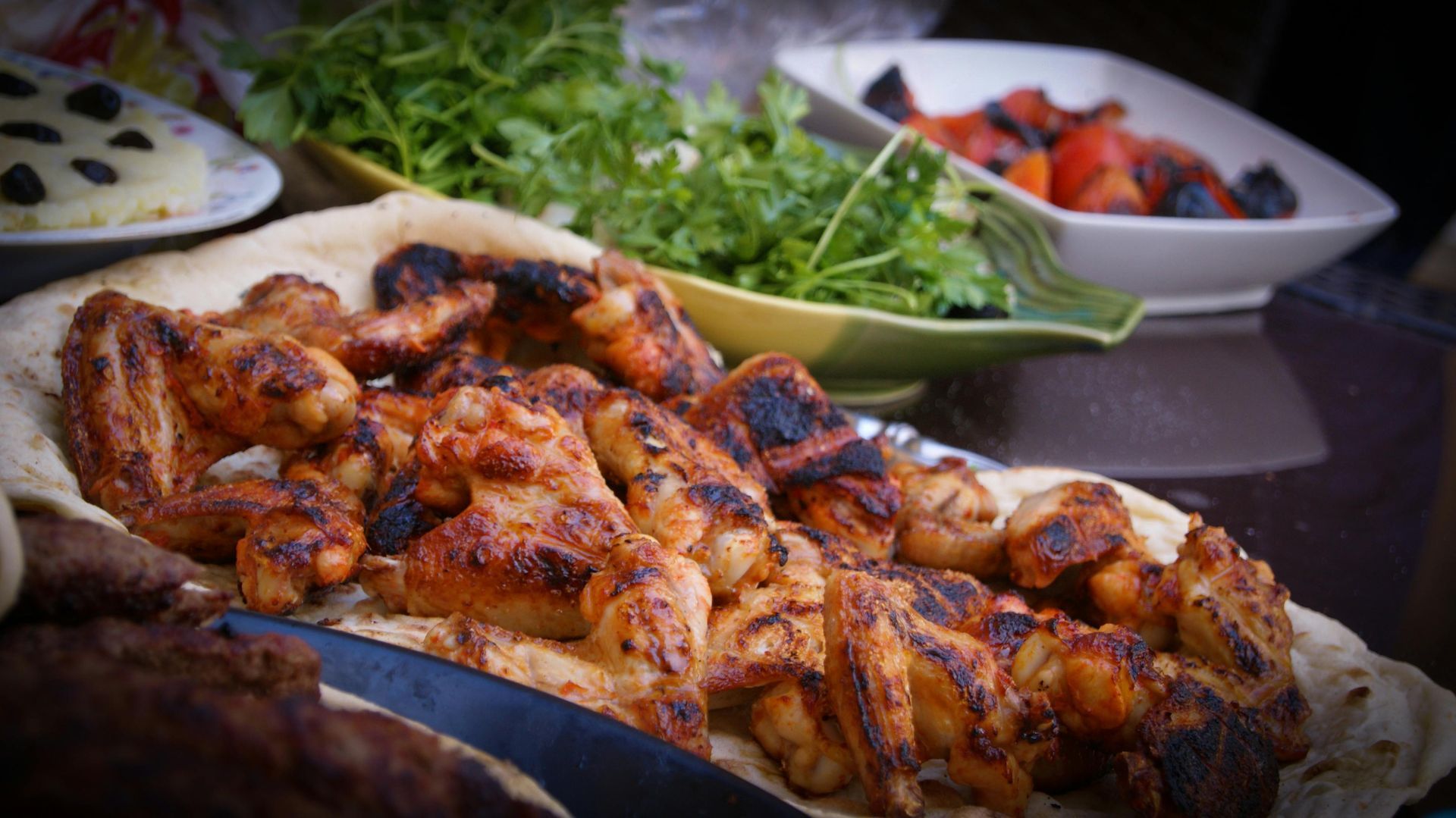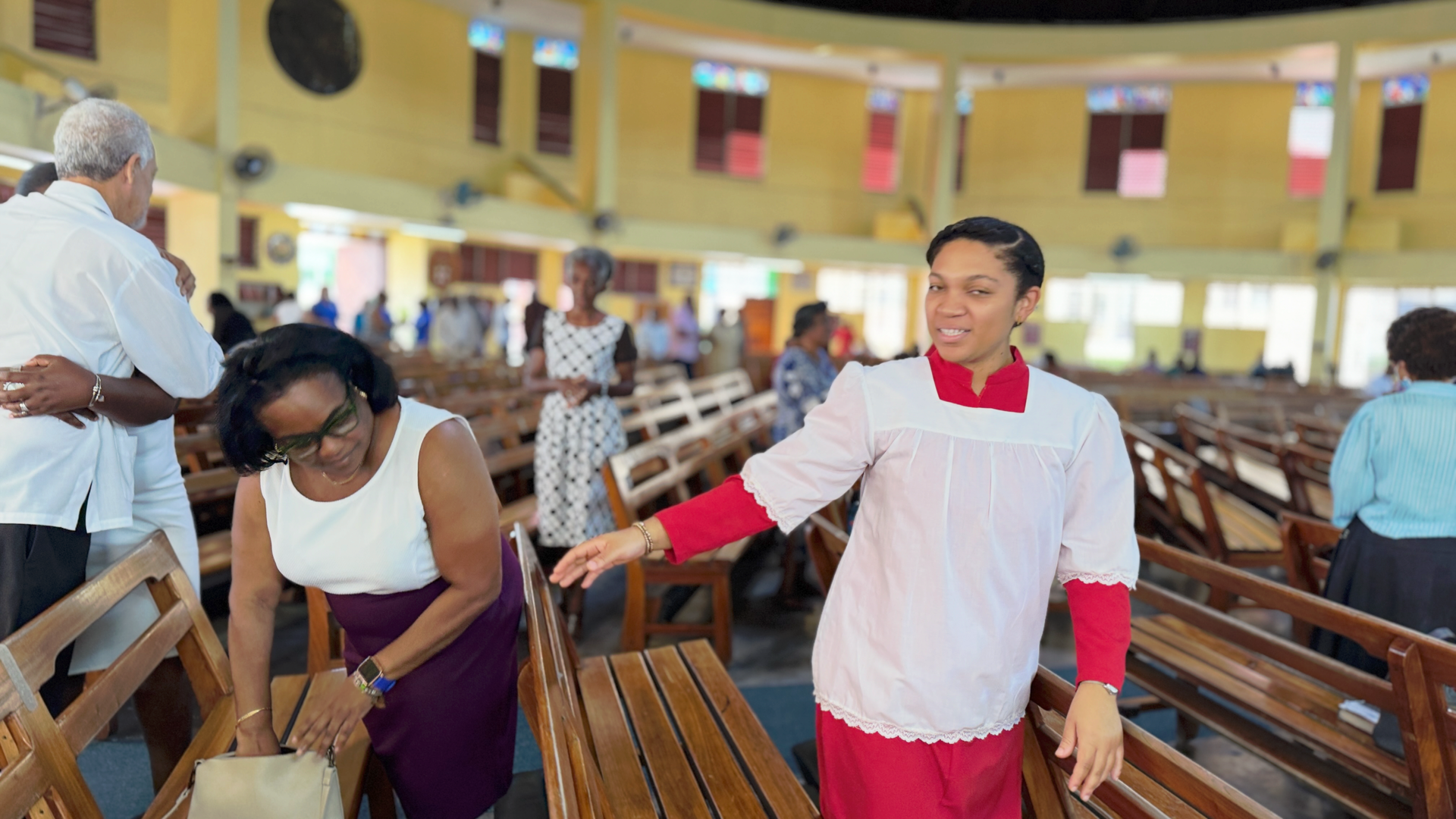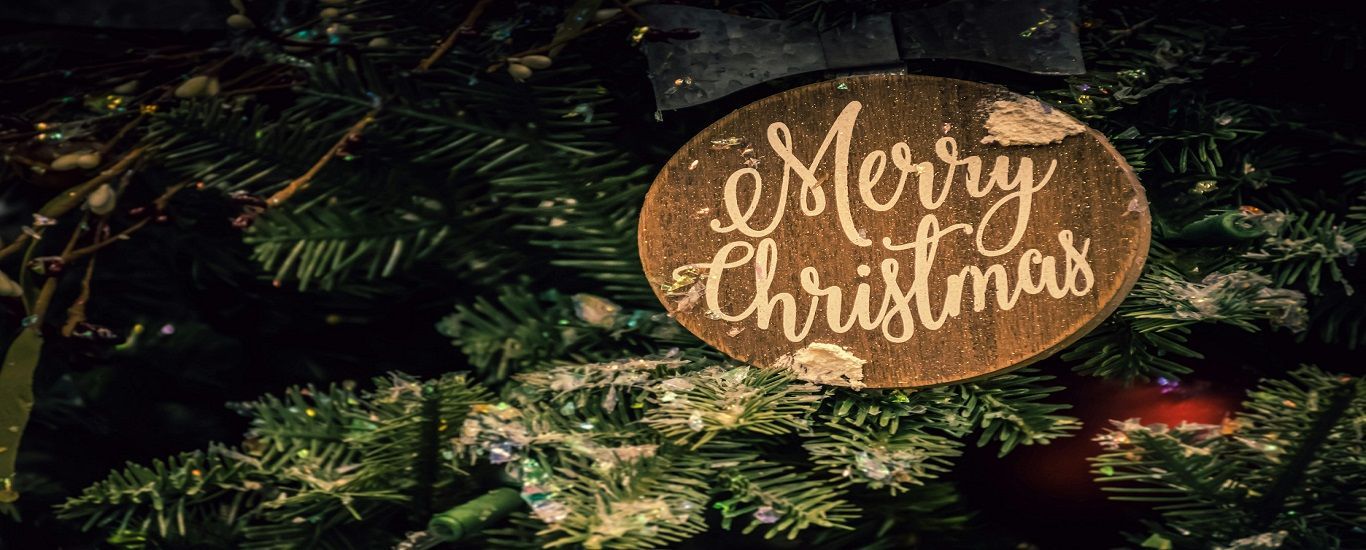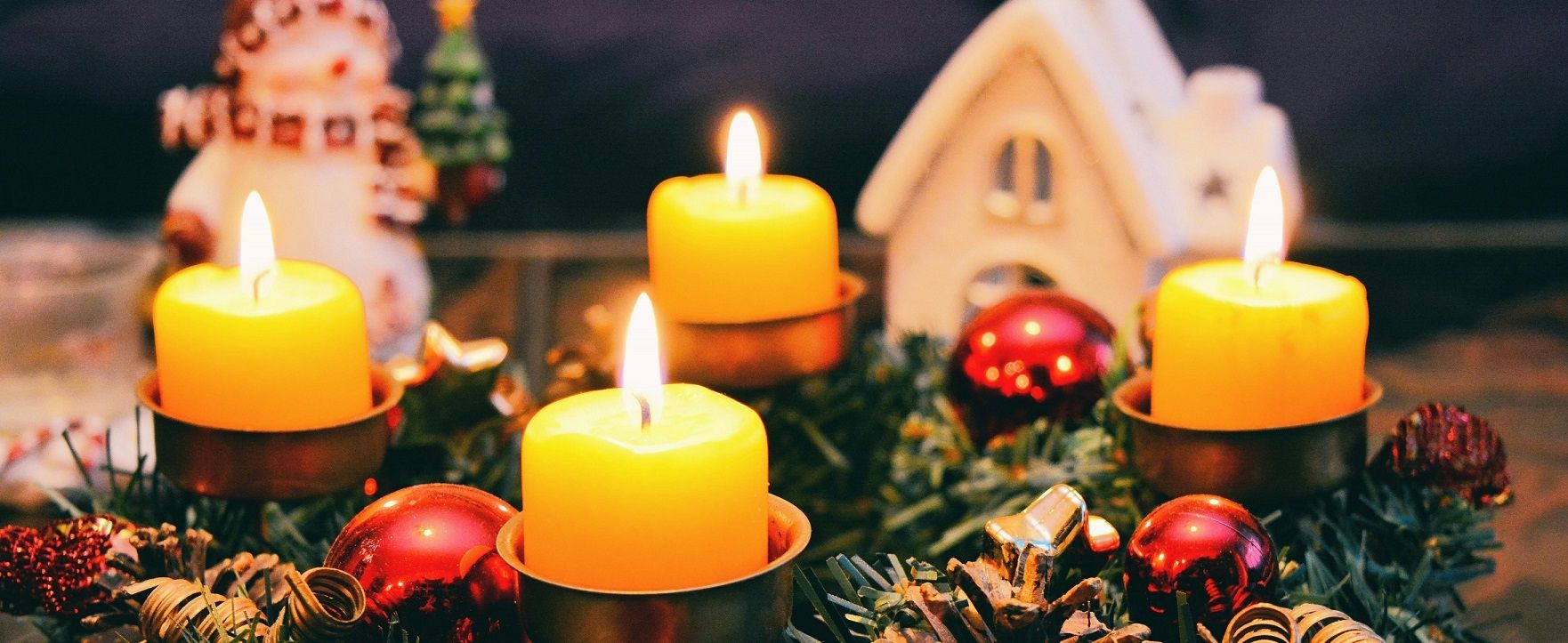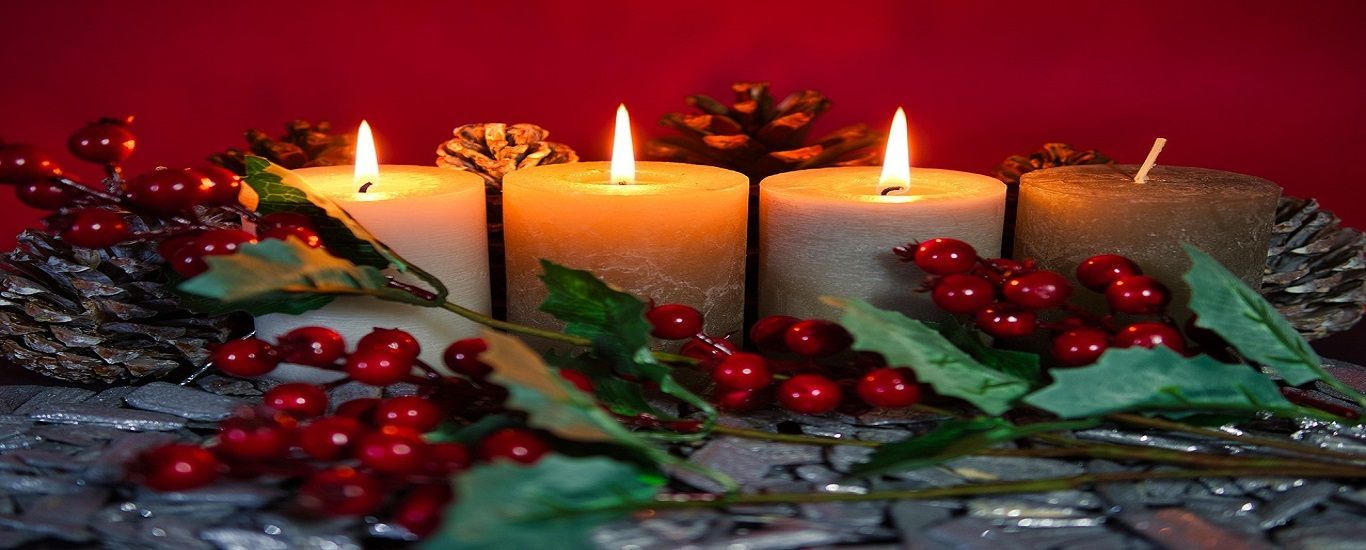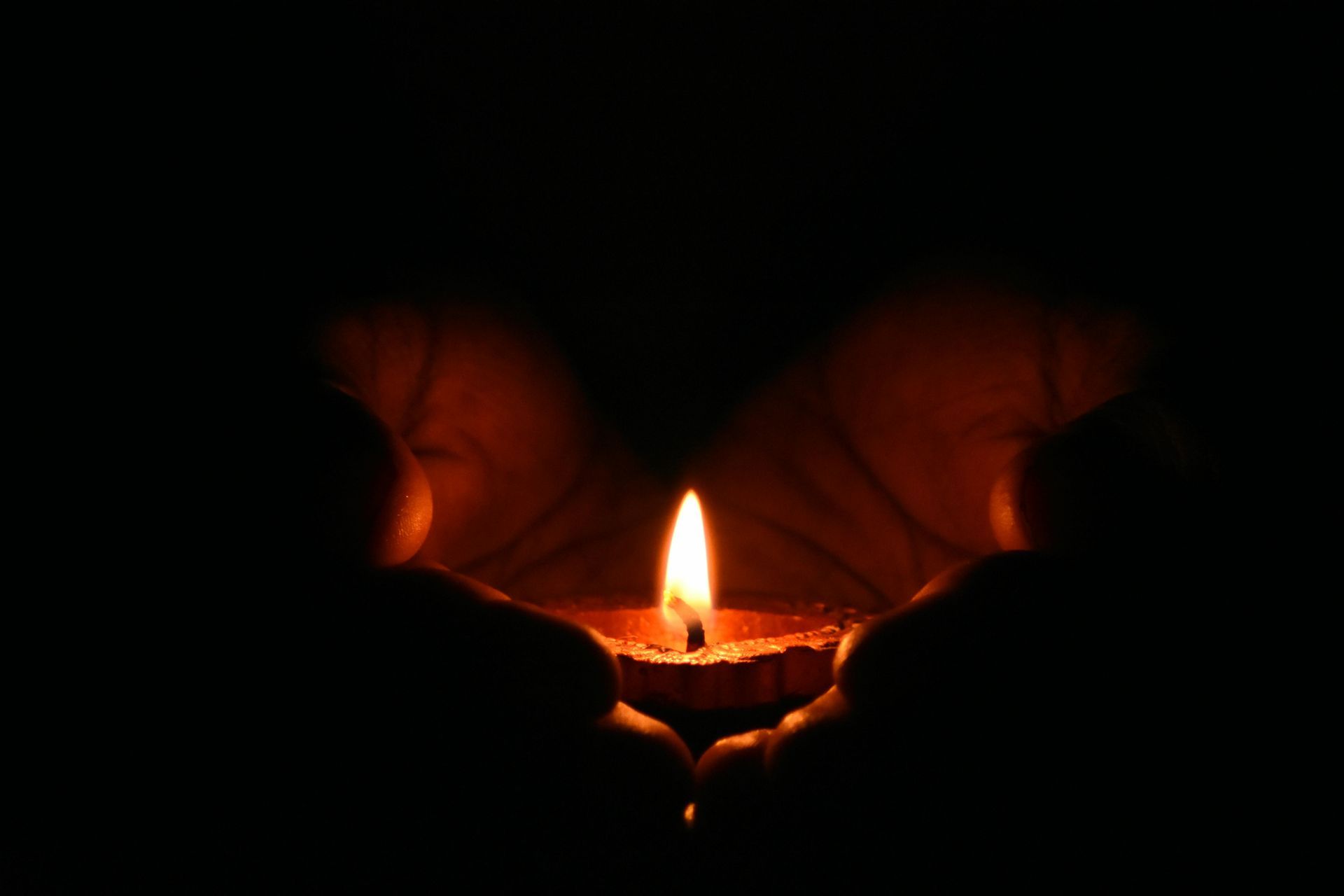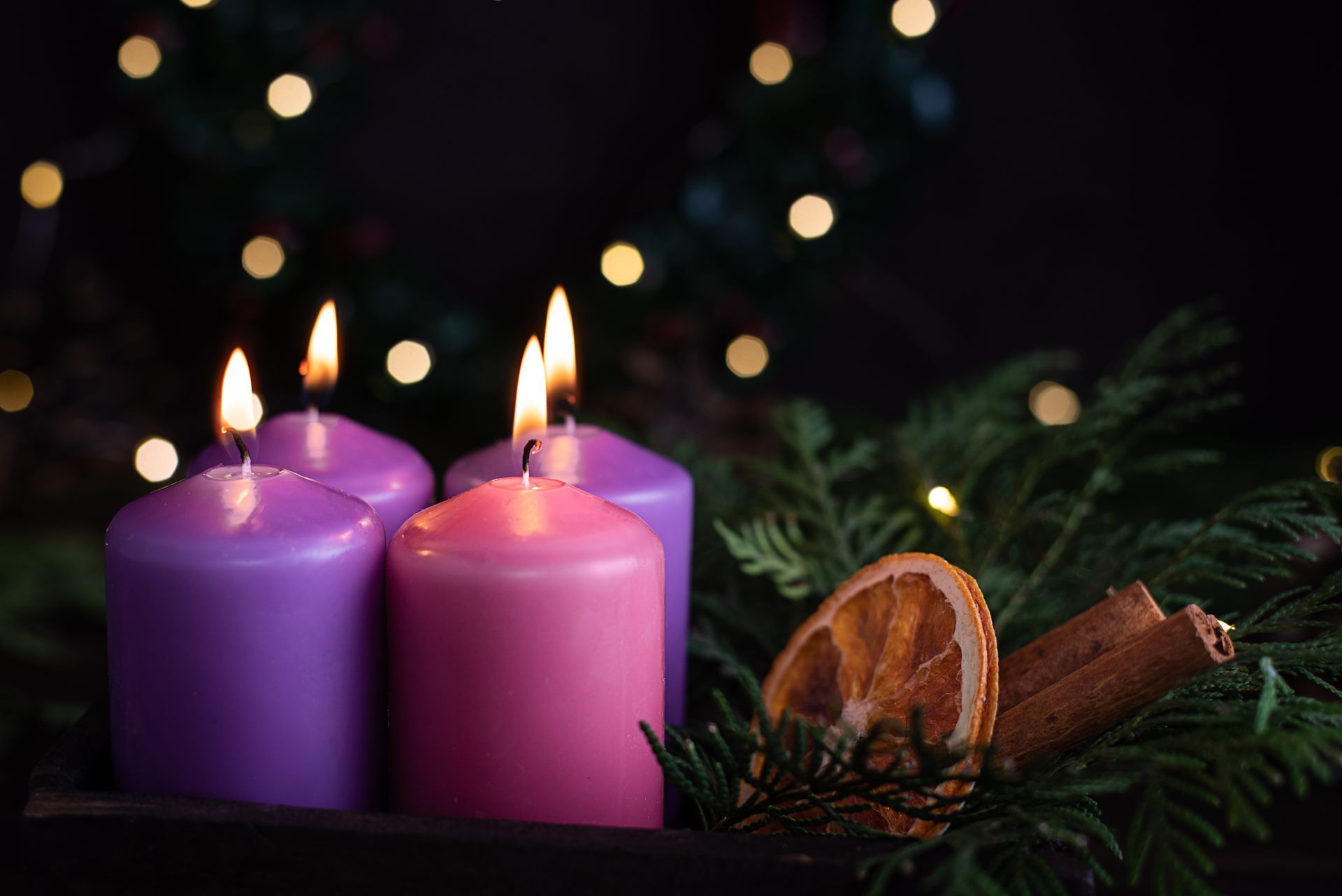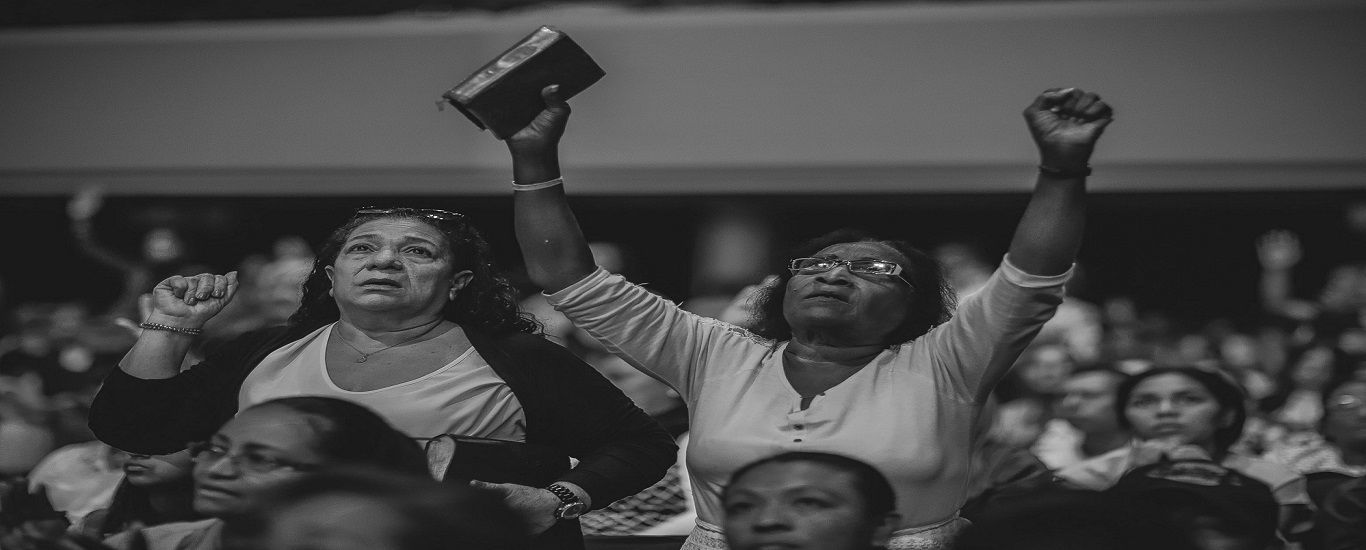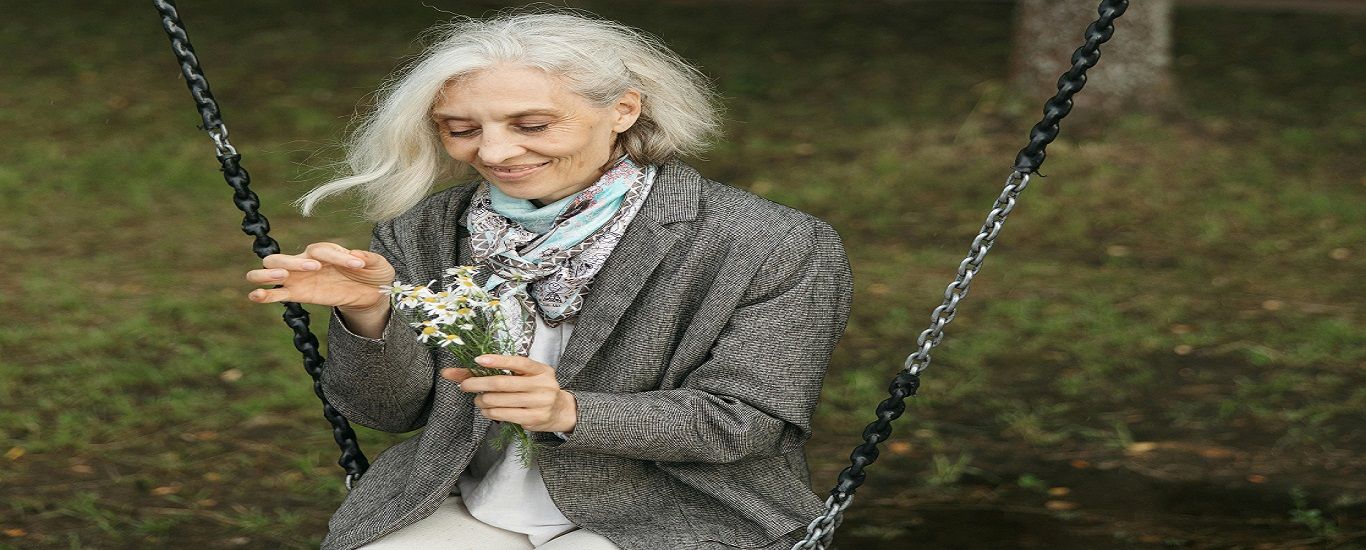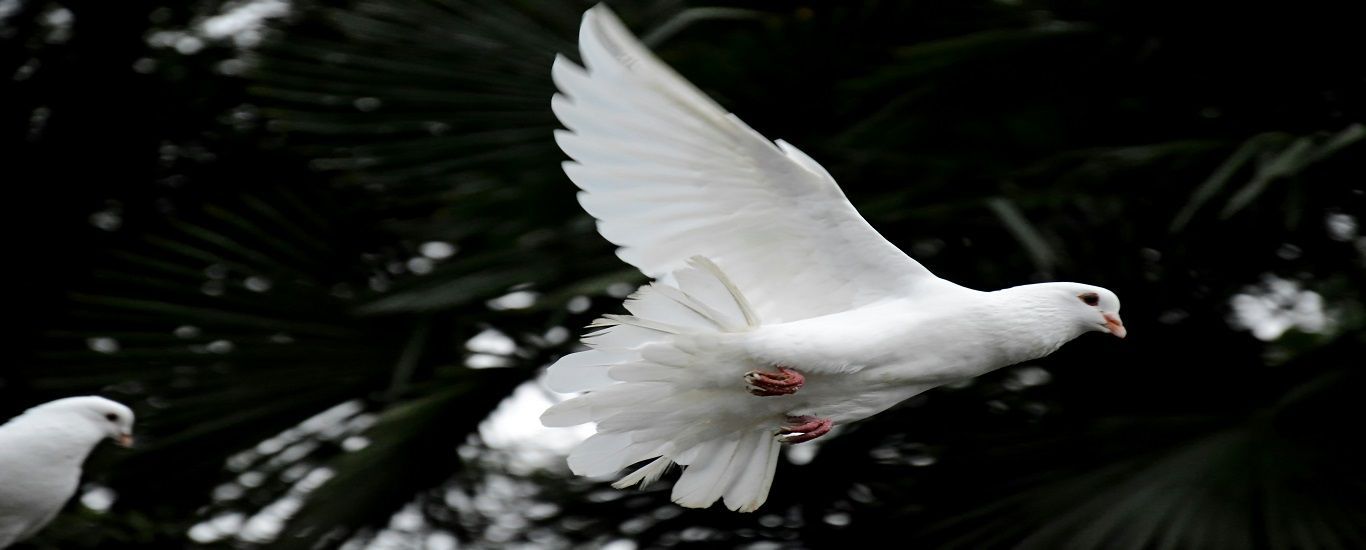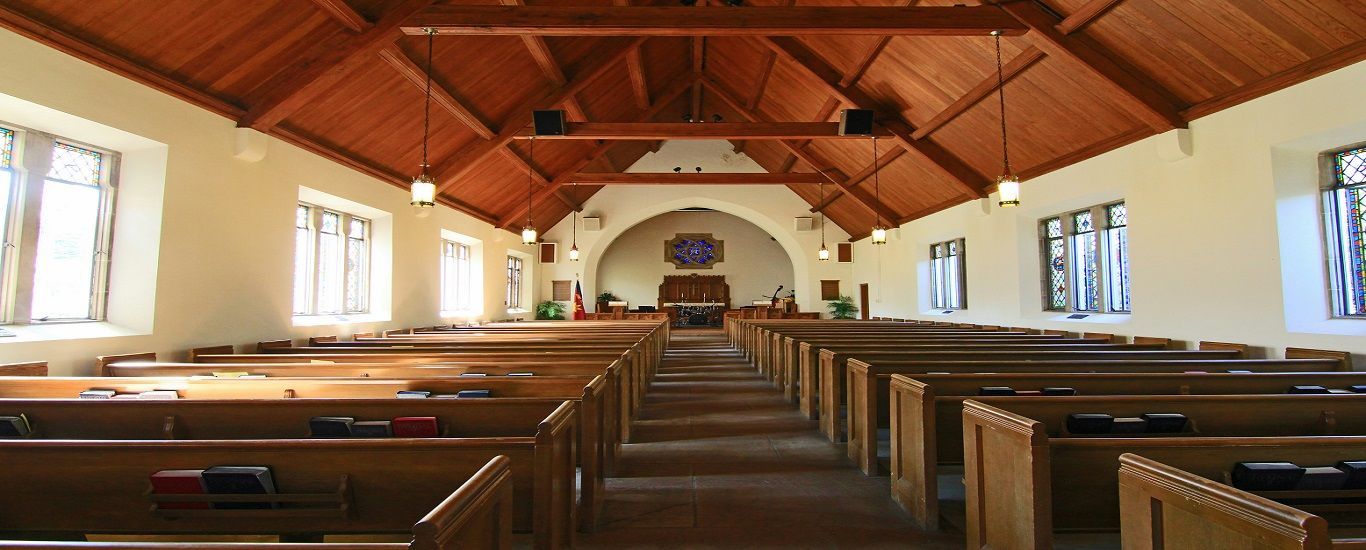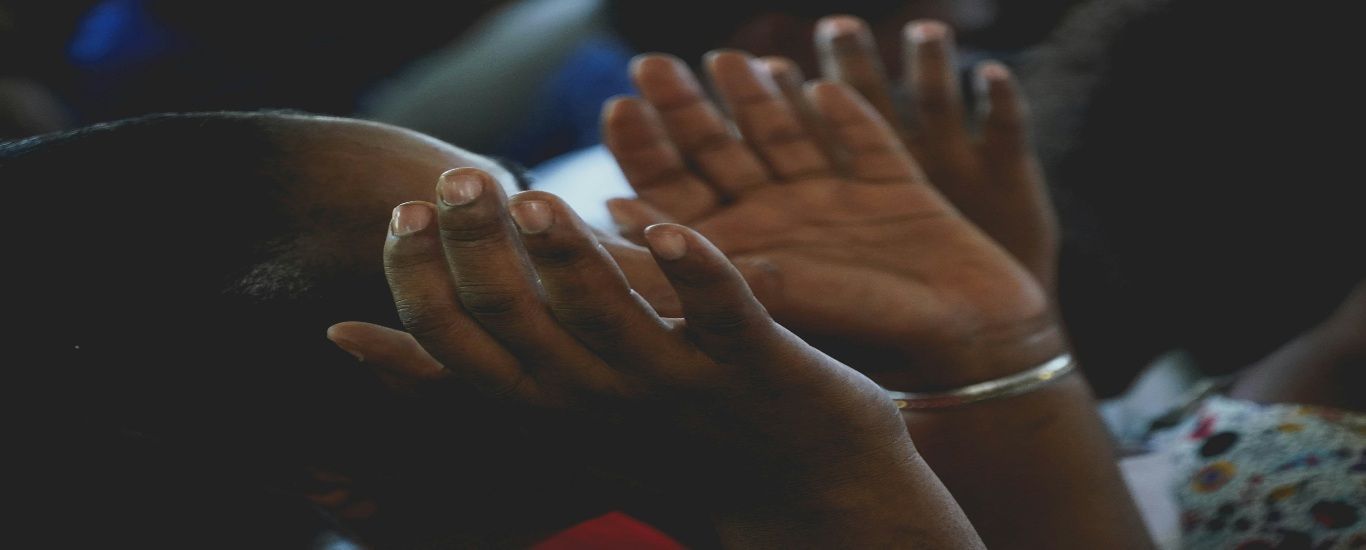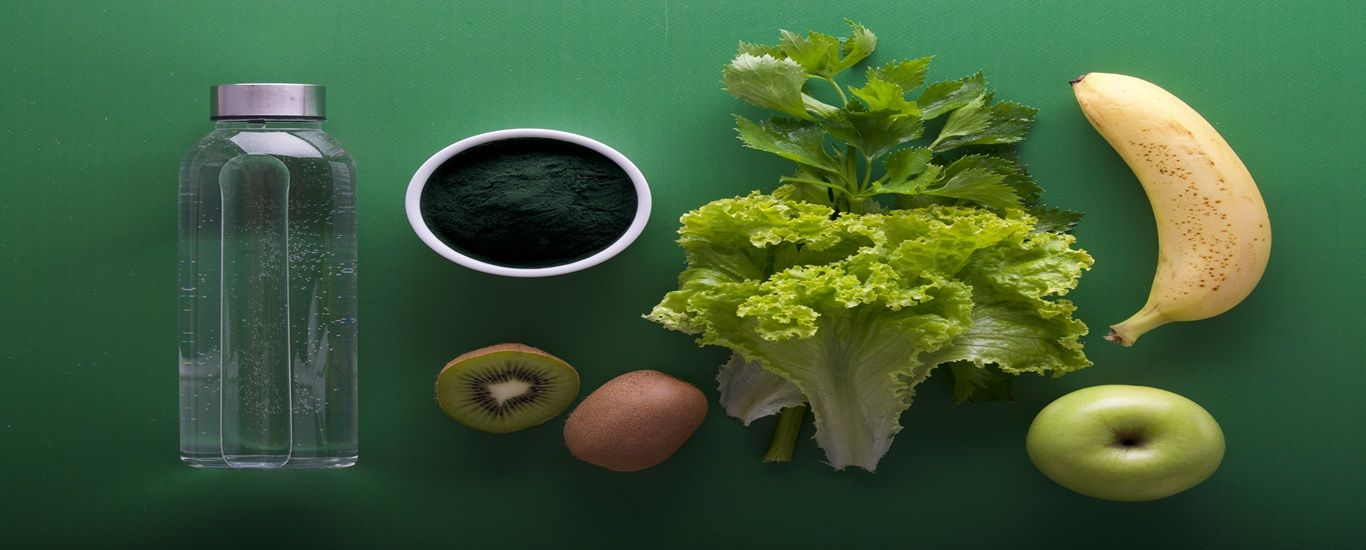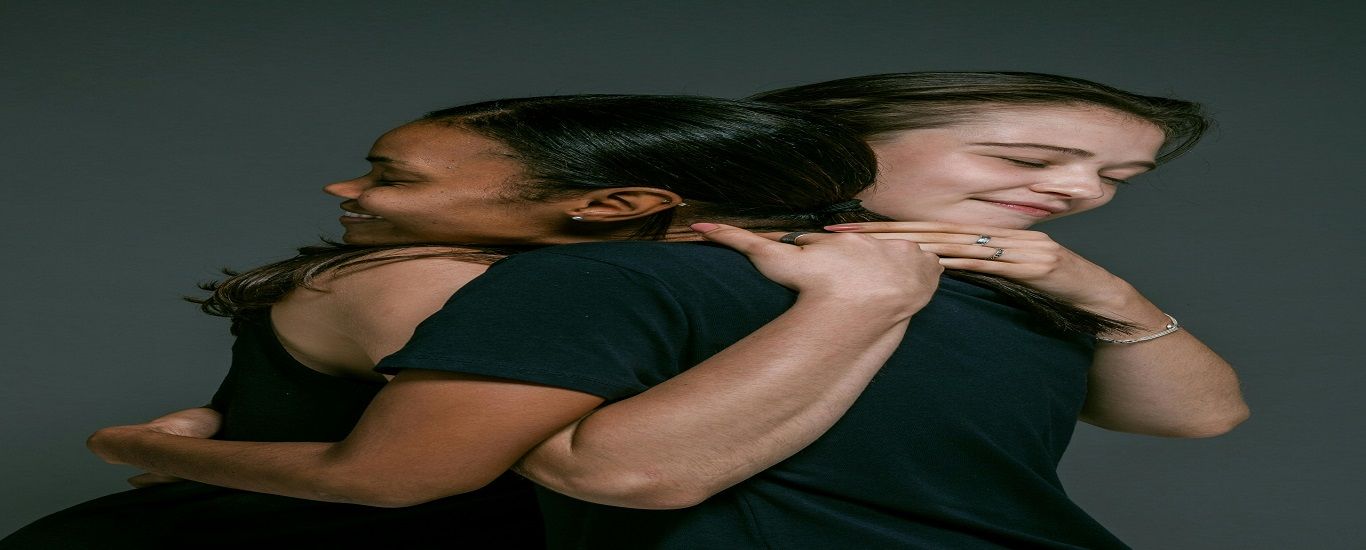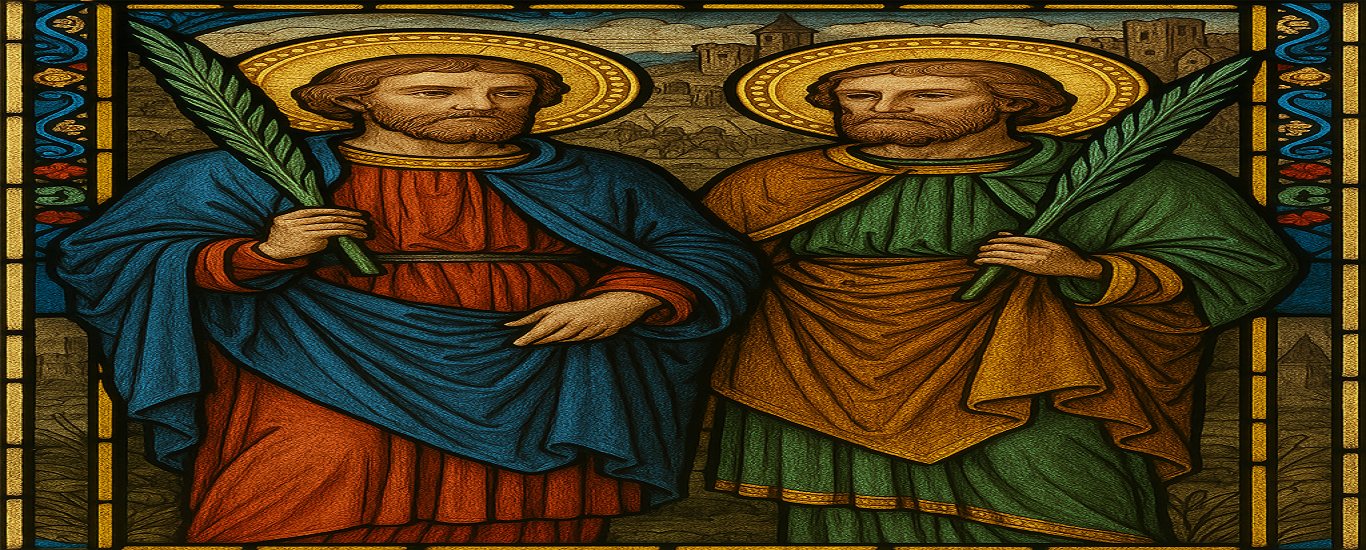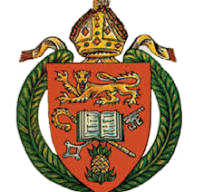The Enthronement of the Rt Rev Leon Paul Golding
The Entrance and the Three Knocks
The service begins at the West Door of the Cathedral. The Bishop knocks three times, praying Psalm 118: “Open for me the gates of righteousness; I will enter them and give thanks to the Lord.” These knocks recall the Trinity and symbolize humility. A Bishop does not seize authority, but requests entry as a servant of Christ. For Jamaica, it declares that leadership comes by recognition, not by force.
The Archdeacon’s Greeting and Declarations
At the threshold, Archdeacon Patrick Cunningham greets Bishop Golding in a historic way. He recalls the Taino people, acknowledges the heritage of Africa, Asia, and Europe, and invokes our motto: 'Out of many, one people.' This is the first time since 1843 that such a greeting has been used at the Cathedral, binding the Bishop’s ministry to Jamaica’s diverse history. After this greeting, the Bishop makes his Declarations of Fidelity, vowing to defend the Church, shepherd the flock, and live as an example of holiness.
The Pastoral Staff and the Cathedra
The Pastoral Staff is placed in his hand — sign of the Good Shepherd, a call to guide, protect, and serve. He is then seated in his cathedra, the Bishop’s chair, from which the Cathedral takes its name. The cathedra symbolizes his teaching office and pastoral oversight. To sit in it is to be entrusted with responsibility for the unity of the flock.
The Te Deum and the Recognition
The ancient hymn Te Deum Laudamus — “We praise thee, O God” — is then sung, joining earth’s worship with the praise of angels, apostles, and martyrs. In Jamaica, applause and drumming enrich the moment, blending Anglican tradition with African heritage. Afterwards, clergy and laity pledge obedience and fellowship — the Recognition — showing that authority is a covenant of trust between Bishop and people.
The Eucharist
At the altar, the Bishop presides at the Eucharist. Bread, wine, water, and money are offered — together with thanksgiving for creation itself: sun, soil, rain, and rivers. This reflects our Caribbean vision of creation spirituality and proclaims Christ as reconciler of all things. Here, the Bishop shows his greatest authority: feeding the flock with Word and Sacrament.
The Blessing of the Nation
At the end, the Bishop returns to the West Door. Once a humble petitioner, he now blesses the city and nation: “May barriers crumble, suspicions disappear, and hatred cease.” A fanfare rings out. He enters as servant, he departs as shepherd — sending the Church into the world with God’s peace.
The Three Knocks
– Drawn from Psalm 118
– Symbol of humility & Trinity
– Leadership by service, not power
The Cathedra
– From Greek kathédra (seat, bench) ® Latin cathedra (chair)
– Symbol of teaching and pastoral authority
– Source of the word Cathedral
The Te Deum
– A 4th-century hymn of praise
– Sung at enthronements, coronations, and national thanksgivings
– Links earthly worship with heaven’s song
The Blessing at the West Door
– Bishop begins in humility, ends in mission
– Extends blessing beyond Cathedral walls
– Symbolizes the Church’s call to serve the nation
“The Lord bless you and keep you… and give you peace.”
(Numbers 6:24–26)
Adapted from: The Diocese of Jamaica & The Cayman Islands
